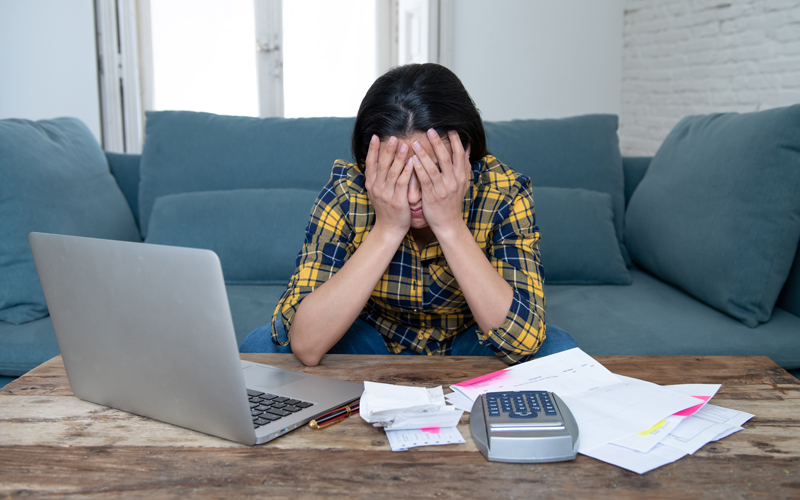There is plenty the prime minister and his caucus can do to ease the cost of living crisis apart from just changing the stage 3 tax cuts.
The overwhelming focus on tax cuts should now be shifted to a more holistic strategy to deliver household budget relief and long-term economic stability.
Home loan reforms, energy bill relief, and better fuel price reporting should be considered as part of a cost-of-living package from the government.
Many of these suggestions are quick, easy and cheap to implement… but would have a huge impact on household budgets.
Here are my top six things the government can do to ease the cost of living crisis.
1. Flick the switch on the ‘sun tax’
First, the government should turn its attention to the so-called “sun tax”, also known as two-way pricing for solar energy.
In 2021, the Australian Energy Regulator (AER) confirmed a controversial shake-up to the solar industry that could see households charged for exporting solar at certain times from 2025.
The government should rethink the roll-out timing, which could inflict price pain on 3 million households who installed solar in an effort to escape high energy costs.
The green transition will come at a cost but that shouldn’t mean hitting solar users with more fees. At a time when we should be doing everything we can to incentivise the adoption of solar, two-way pricing could do more harm than good.
2. Relief from energy bill shock
For many households, solar power isn’t an option. That’s why the state and federal governments should consider extending the energy bill rebates that helped ease price pressure while electricity prices soared last year.
Energy bill relief was a major shock buffer for households last year – without them, Australians would have felt the full impact of energy prices that were 18.6 per cent higher in the September quarter.
3. Private health GP access
The rising cost of healthcare is enough to make you sick. Allowing the more than 13 million Australians with private health cover to recoup the cost of GP visits through their insurer could make a significant difference to household savings.
After the Medicare rebate, patients are forking out about $60 for a standard GP consultation. To me, that seems like a prohibitive amount for a health service that is so crucial to our wellbeing.
With bulk-billing GPs few and far between, now is the time to empower private health insurers to help cover the cost of GP visits.
4. Make refinancing easier
Australian homeowners have felt the brunt of the relentless rate rises to tame inflation. It’s been a major contributor to the cost of living crisis.
Changes that could help people save money on their mortgages should be prioritised. A number of recommendations were made by the Home Loan Price Inquiry.
When the difference between advertised home loan rates for new customers and “back-book” rates being paid by existing borrowers is so big it could mean loyal customers are paying thousands of dollars a year more on their home loan. So the government should be making it as easy as possible for people to switch to a better deal.
The discharge process to switch should not take longer than 10 business days for lenders to turn around. I also want to see a standardised discharge authority form that is easy to access, fill out and submit.
5. Fuel price reporting for Victorians
Shopping around is the best way to beat pain at the petrol pump. Currently, Victoria is the only state that cannot access live-to-the-minute reporting on fuel prices.
Retailers aren’t duty-bound to post live prices in Victoria, which means they often go days without updating their information.
Without fast, reliable price information, motorists are forced to drive around to find the best prices. Mandating price reporting could be a fast way to deliver major relief, and help motorists make better choices through using the petrol comparison apps.
6. Financial education in schools
With nearly half of Australians learning money habits from their parents, and a quarter professing to be “self-taught”, improving financial education in schools should be made a top priority.
Your access to financial education should not depend on your parent’s circumstances or where you are born in this country. I think there’s a lot more we could do to set up children for success in life, and future-proof Australia’s economic stability.
People without an education in budgeting basics and how to comparison shop are at a huge disadvantage when living costs rise. The government should be looking at what more schools can do to support what’s being taught at home.
Get Kochie’s weekly newsletter delivered straight to your inbox! Follow Your Money & Your Life on Facebook, Twitter and Instagram.
Read this next:
Your new year plan to fight back against the rising cost of living




























Trending
Sorry. No data so far.